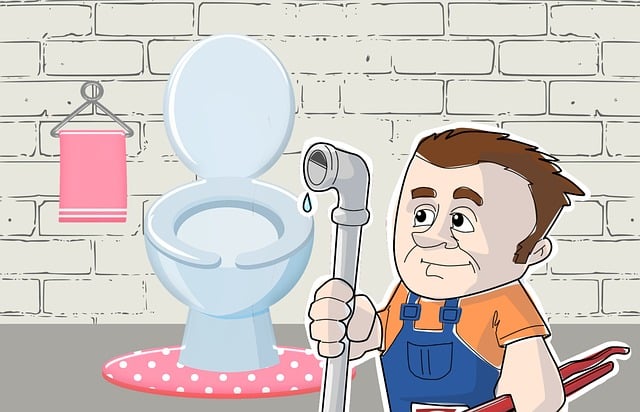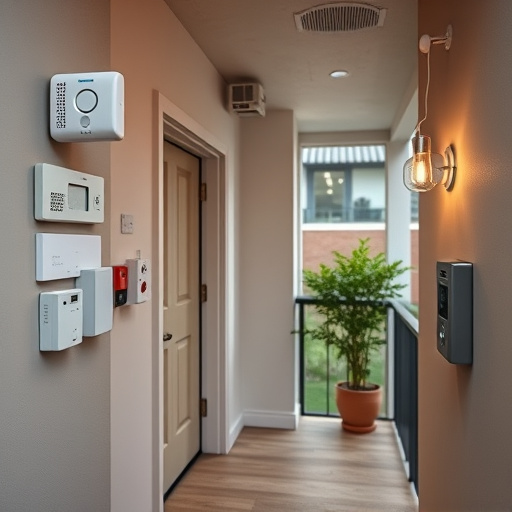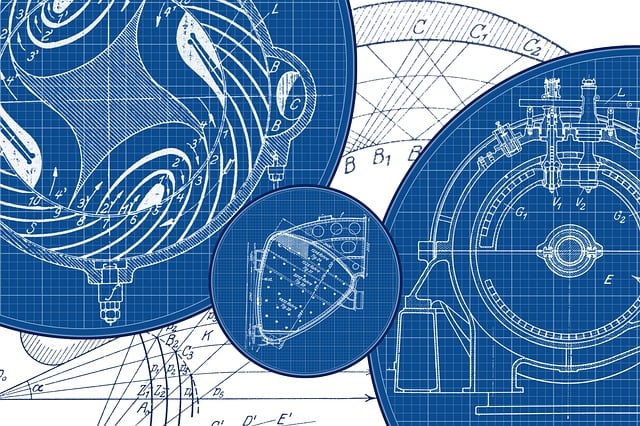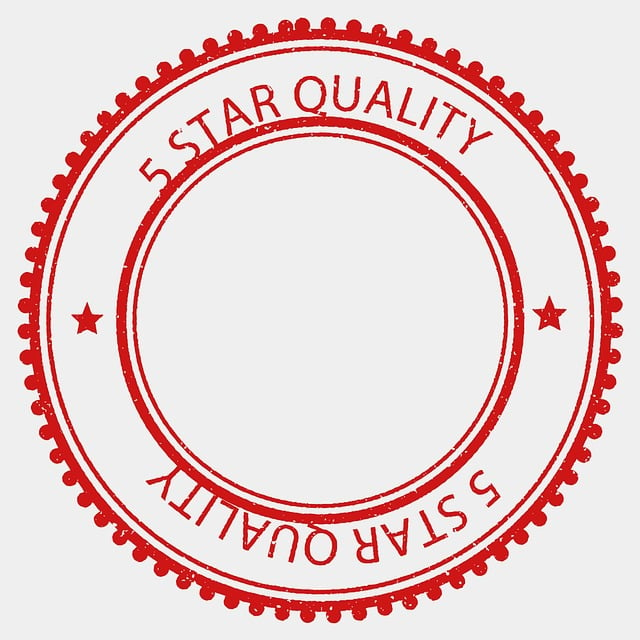Effective communication skills are vital for successful project teams, driving efficiency and collaboration. Past projects offer valuable learning opportunities, with open discussions enhancing planning and problem-solving. Evaluating candidates' communication abilities and past experiences ensures trust and effective teamwork during new endeavors.
Before embarking on any new project, verifying a team’s experience with similar initiatives is paramount. This due diligence enables a comprehensive assessment of their communication skills, a cornerstone for successful collaboration. By learning from prior projects’ challenges and comparing them to your upcoming endeavor, you can build trust and ensure a cohesive approach. These strategies not only enhance project outcomes but also foster an environment where open dialogue thrives, strengthening the foundation for achieving shared goals.
- Assessing Communication in Project Teams
- Learning from Prior Projects' Challenges
- Building Trust Through Similar Experience Comparison
Assessing Communication in Project Teams

Effective communication is a cornerstone of successful project teams. When evaluating past projects, scrutinize how team members exchanged information, shared ideas, and resolved conflicts. Strong communication skills manifest in clear, consistent, and accessible dialogue that encourages active participation from all stakeholders. Look for evidence of open channels—whether that’s regular meetings, collaborative tools, or instant messaging platforms—that facilitated continuous exchange throughout the project lifecycle.
Assessing communication patterns also involves observing how team members adapted their styles to cater to diverse audiences, such as clients, colleagues, or end-users. Flexible communication strategies ensure messages are tailored to the needs and preferences of each recipient, fostering a more inclusive and productive environment. Ultimately, robust communication skills drive project efficiency, enhance collaboration, and contribute to achieving desired outcomes.
Learning from Prior Projects' Challenges

Every project brings its unique set of challenges, and prior projects offer a rich source of learning opportunities. By thoroughly examining past endeavors, individuals and teams can uncover valuable insights that foster continuous improvement. This process involves not only identifying successes but also delving into the hurdles encountered, especially those related to communication skills. Effective communication, or its lack thereof, can significantly impact project outcomes, team dynamics, and stakeholder satisfaction.
Learning from challenges faced in similar projects equips professionals with proactive strategies. It encourages open discussions about what worked and what didn’t, leading to more efficient planning and problem-solving. This knowledge translates into better management of expectations, enhanced collaboration, and ultimately, successful project delivery.
Building Trust Through Similar Experience Comparison

When comparing candidates for a project, assessing their past experiences with similar initiatives is a powerful way to build trust and ensure a successful collaboration. This process allows potential clients or partners to gain valuable insights into an individual’s expertise and adaptability. By examining previous projects, one can quickly identify if a candidate’s skills align with the requirements at hand.
Effective communication skills are often pivotal in such assessments. Candidates who can articulate their roles, achievements, and challenges within past projects demonstrate a strong ability to convey complex ideas clearly. This transparency builds trust, assuring stakeholders that the individual is capable of managing potential issues and collaborating effectively with the team.














